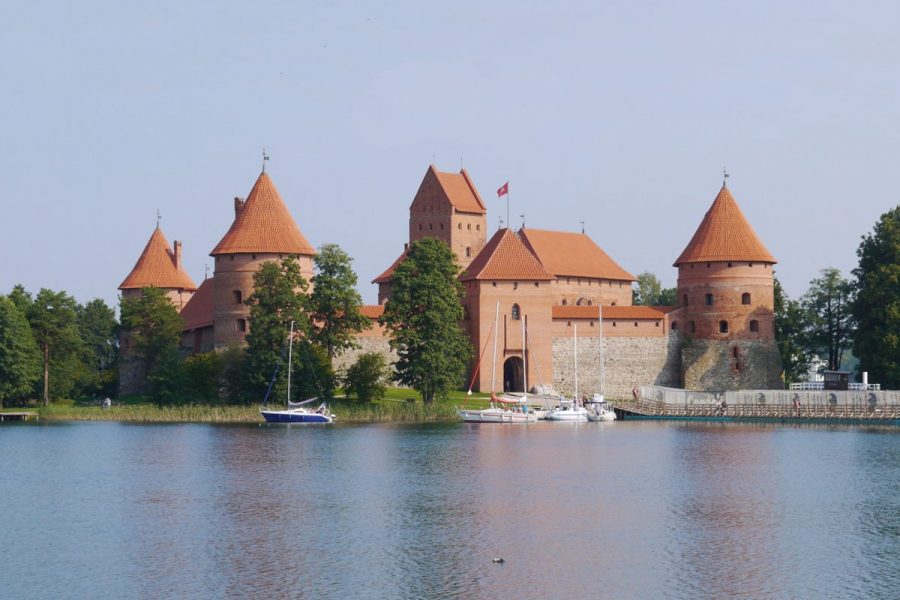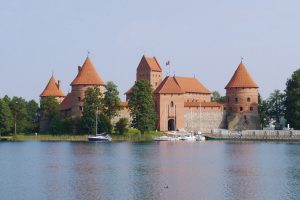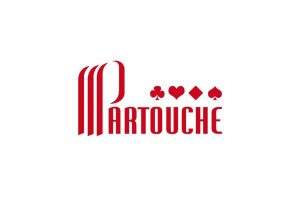Lithuania considers tax changes for land-based gaming

The Lithuanian government will consider a bill that proposes taxing land-based slots and table games on revenue rather than through a fixed fee.
Lithuania.- The Ministry of Finance has put forward a bill that proposes changing the way that tax is calculated for land-based slots and table games. Instead of the current system of a fixed fee per table or machine, tax would be calculated based on gross gaming revenue (GGR).
The draft law suggests an 18 per cent tax rate on slots and table games GGR. All other forms of gambling are already taxed based on gaming revenue.
The current system charges fixed fees of €260 per month per machine for Category A (unlimited winnings) slot machines, €130 per month for a category B (limited stakes and winnings) and €2,300 per month per gaming table.
The government said that the current system was regressive since it meant that the worse an operator performed, the higher the effective tax rate as a percentage of revenue.
Minister of finance Gintarė Skaistė said: “We are seeing tax inequalities in the gambling sector. Currently, a gambling business pays a flat fee, not a percentage of the revenue generated.
“We want a clearer, one-size-fits-all taxation system that is fairer: in the months of higher turnover, businesses would pay more, in lower months they would pay less. The new procedure will increase the transparency of the gambling sector and ensure fairer taxation.”
The parliament, the Seimas, will vote on whether to pass the bill. Last month, it approved the first reading of a bill to allow online-only gaming licensees in Lithuania. That would end a requirement for online operators to have a land-based presence or partner with a land-based operator.
However, the proposal has been criticised by Lithuania’s Special Investigation Service, which warned that online-only gambling licences would favour online operators over land-based operators.










